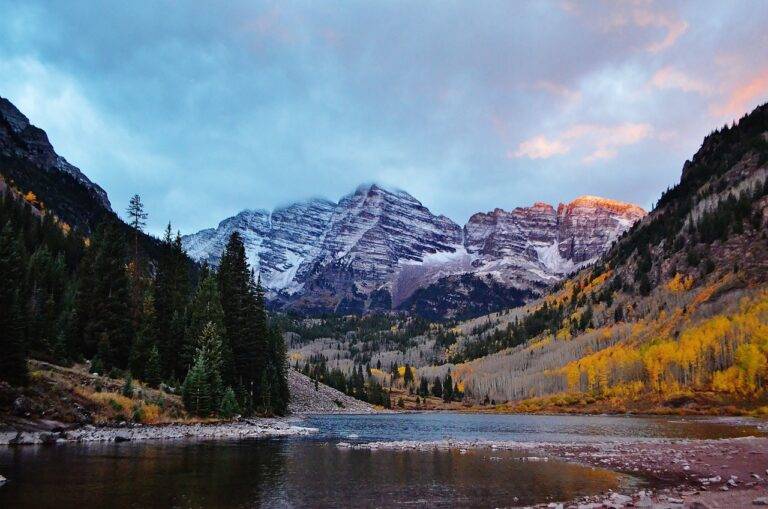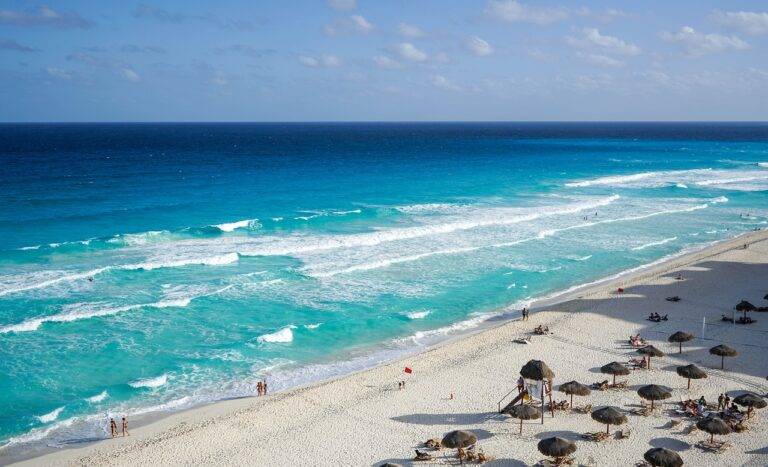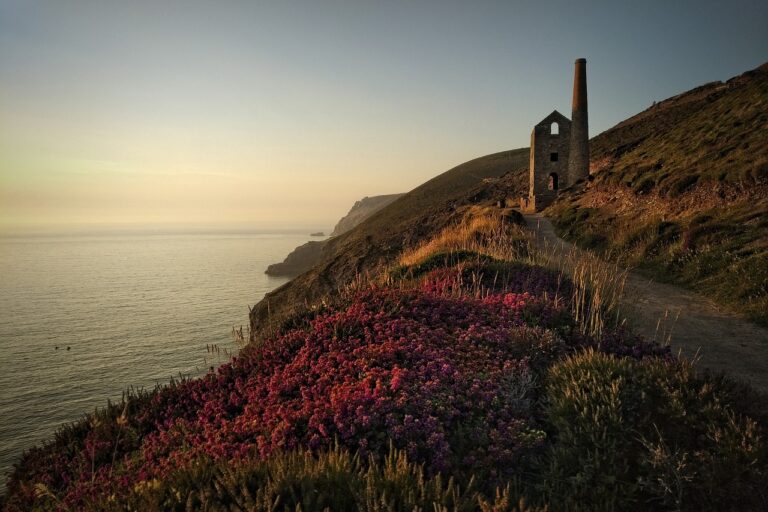Travel Journalism: Unveiling the Truths and Myths of Destinations
When it comes to popular tourist attractions, what we often see in glossy brochures and vibrant Instagram posts may not always reflect the full reality of these places. The iconic landmarks and landmarks we yearn to visit are often crowded with tourists, littered with souvenir shops, and sometimes fail to capture the true essence of the destination. However, by peeling back the layers of commercialization and looking beyond the surface, travelers can uncover the authentic charm and history that make these places truly special.
Many popular tourist attractions have a deeper, more complex narrative that goes beyond their picturesque appearance. Behind the scenes, these sites may struggle with over-tourism, environmental degradation, and cultural commodification. By approaching these attractions with a critical eye and a willingness to dig deeper, travelers can gain a more nuanced understanding of the realities that shape these destinations. It’s important to look beyond the postcard-perfect images and consider the social, economic, and environmental implications of our visits to these iconic sites.
Debunking Stereotypes About Certain Countries
There is a common misconception that all countries in the Middle East are unsafe and hostile places for tourists. However, this stereotype fails to acknowledge the diverse cultures, rich history, and warm hospitality that many countries in the region have to offer. Countries like Jordan, Oman, and the United Arab Emirates are known for their safety, stunning landscapes, and welcoming locals. By venturing beyond preconceived notions, travelers can discover the true beauty and charm of these destinations.
Similarly, Africa is often portrayed in a negative light, with images of poverty, disease, and wildlife dominating media coverage. While there are certainly challenges faced by many African nations, it is important to recognize the continent’s incredible natural beauty, cultural diversity, and resilient spirit. Countries like South Africa, Morocco, and Kenya offer travelers a chance to experience vibrant cities, breathtaking landscapes, and unique wildlife safaris. By challenging stereotypes and embracing the complexity of these countries, travelers can gain a deeper appreciation for all that Africa has to offer.
The Impact of Social Media on Perceptions of Travel Destinations
Social media plays a pivotal role in shaping people’s perceptions of travel destinations. With a plethora of platforms like Instagram, Facebook, and TikTok showcasing picturesque landscapes, vibrant cultures, and exotic experiences, travelers often form their opinions based on what they see online. The curated posts and filters used on social media can sometimes create unrealistic expectations and idealized versions of destinations, leading to disappointment for those who visit in reality.
Moreover, the influence of social media influencers and bloggers cannot be underestimated. Their recommendations, experiences, and reviews can heavily sway the decisions of potential travelers. The power of a single captivating image or a positive review can catapult a destination to the top of many people’s bucket lists, while negative feedback can deter others from ever considering a visit. As a result, social media has become a prominent source of information for travelers, significantly impacting their perceptions and choices when it comes to selecting their next vacation spot.
• Social media platforms like Instagram, Facebook, and TikTok showcase picturesque landscapes and vibrant cultures
• Curated posts and filters on social media can create unrealistic expectations of destinations
• Social media influencers and bloggers heavily influence travelers’ decisions
• Captivating images or positive reviews can make a destination popular
• Negative feedback on social media can deter travelers from visiting a destination
How does social media influence people’s perceptions of travel destinations?
Social media plays a significant role in shaping people’s perceptions of travel destinations by showcasing popular tourist attractions and creating trends around certain countries.
Can social media create stereotypes about certain countries?
Yes, social media can perpetuate stereotypes about certain countries by highlighting only a limited aspect of their culture or history.
How accurate are the representations of travel destinations on social media?
The representations of travel destinations on social media can be biased and exaggerated, as they often focus on the most visually appealing aspects rather than the whole picture.
Are there any benefits to using social media to research travel destinations?
Yes, social media can provide valuable insights from real travelers and influencers who have visited the destinations, offering a more personal and authentic perspective.
How can travelers ensure they are getting a balanced view of a travel destination?
Travelers can seek out a variety of sources beyond social media, such as travel guides, blogs, and forums, to get a more well-rounded understanding of a travel destination.





